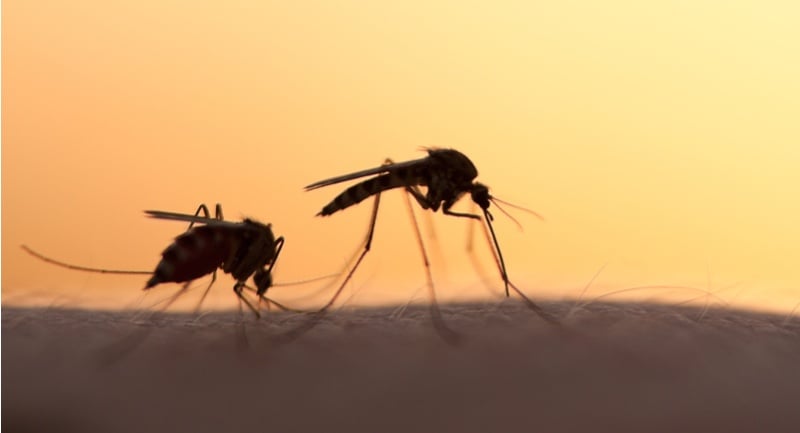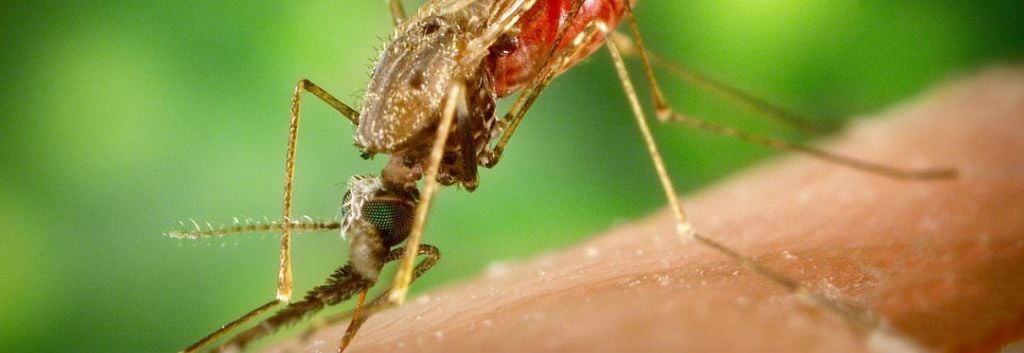Newsletter Signup - Under Article / In Page
"*" indicates required fields
The Bill & Melinda Gates Foundation has partnered with Oxitec for the development of a new strain of genetically-modified mosquitoes that can help reduce the spread of malaria in America.
In its latest effort to free the world of malaria, the Bill & Melinda Gates Foundation has joined forces with Oxitec, a British company that genetically engineers insects to fight the spread of diseases such as Zika, dengue or chikungunya, as well as to protect crops from plagues.
Oxitec has developed a self-limiting technology that selects against female mosquitoes — the ones who bite and spread disease. When male mosquitoes carrying Oxitec’s self-limiting gene are released, they mate with wild females. The females of their offspring will die before adulthood, while the surviving males can mate again with wild females. The self-limiting gene can survive for up to ten generations, after which no genetically-modified mosquitoes remain.

Importantly, this approach only affects a specific species, without harming other mosquitoes and insects that may play an important role in their environment. Oxitec has carried several field trials showing that this technology can reduce by over 80% the population of Aedes aegypti, the mosquito that spreads Zika and dengue. After multiple trials in India, Panama, and the US the company did the first release of its mosquito in Brazil last May.
In its new partnership with the Gates Foundation, Oxitec will extend its self-limiting technology to the Anopheles albimanus mosquito, which is one of the most important vectors of malaria in America.
“Genetically-modified mosquitoes are showing promise in controlling other vector-borne diseases, so we look forward to exploring their use alongside complementary interventions for malaria,” stated Philip Welkhoff, director of the malaria program at the Bill & Melinda Gates Foundation.
Oxitec is also exploring the use of this technology in pest insects such as the diamondback moth, which is estimated to cause crops losses of over €3Bn every year.
Partnering 2030: FME Industries Report







